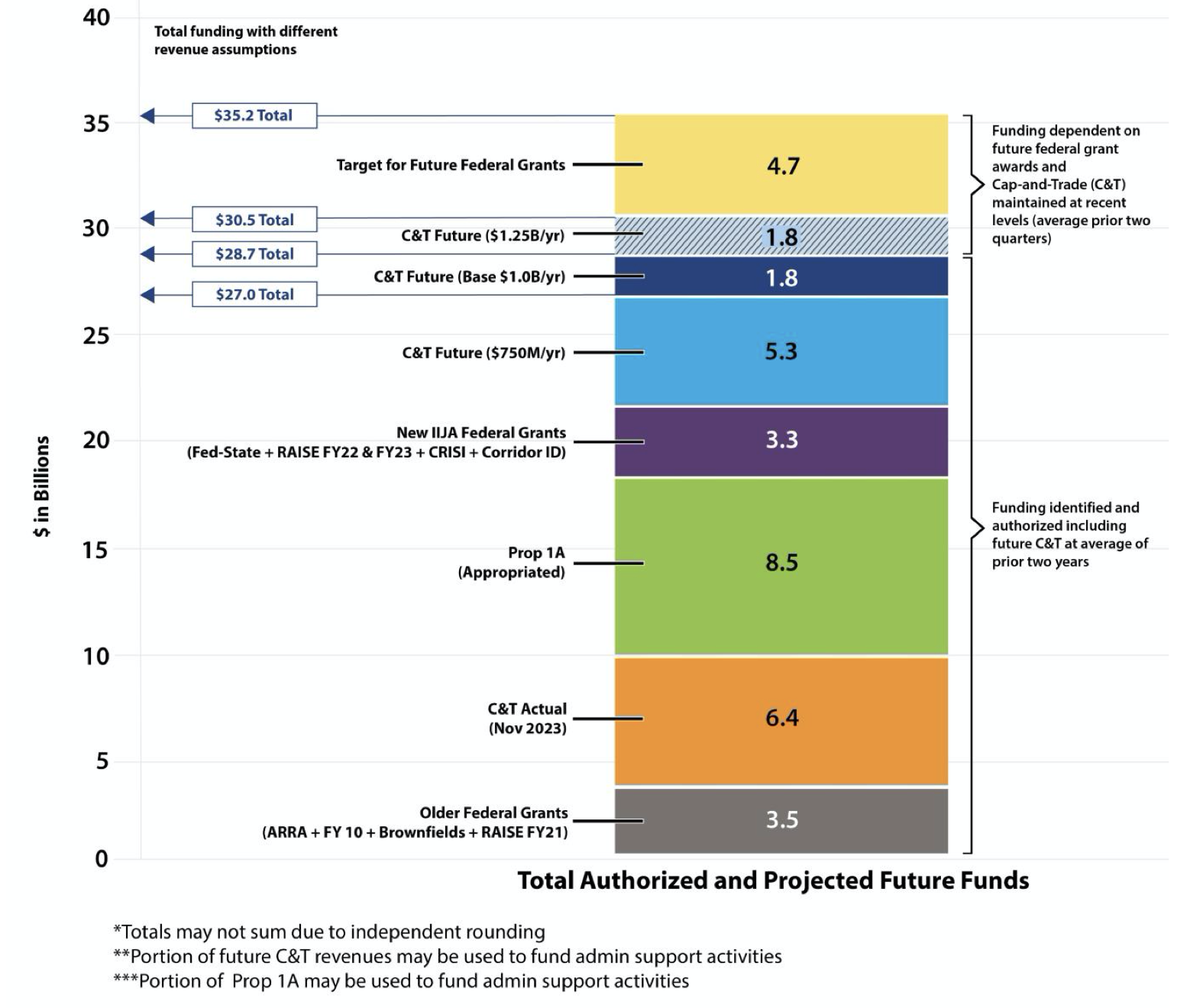Business Glossary
The Business Glossary
My name is Rikgyne, and I am currently studying in a Business program. I created this glossary to help students like me understand key business terms more easily. This glossary is about simplifying these concepts, making them easier to grasp and apply in studies, discussions, and professional settings. It includes 20 terms covering topics like management, finance, marketing, and economics. To compile this glossary, I gathered terms from textbooks and reputable online sources, ensuring accuracy and relevance. My goal is to make business terminology more accessible, so feel free to use this resource as a study tool. I encourage you to explore the terms, bookmark this glossary for reference, and share it with others who might find it helpful!
- asset
- noun
- Property owned by a person or company, regarded as having value and available to meet debts, commitments, or legacies.
- Example: The company's assets, including real estate and machinery, were sold to pay off its debts.
- en: actif
- break-even point
- noun
- Reach a point in a business venture when the profits are equal to the costs.
- Example: The business reached its break-even point after six months of operation, covering both fixed and variable costs.
- en: seuil de rentabilité

- business plan
- noun
- A document setting out a business's future objectives and strategies for achieving them.
- Example: The entrepreneur wrote a detailed business plan to secure funding from investors for his new venture.
- en: plan d'affaires

- capital
- noun
- Wealth in the form of money or other assets owned by a person or organization or available or contributed for a particular purpose such as starting a company or investing.
- Example: The company needed additional capital to fund its expansion into international markets.
- en: capital
- cash flow
- noun
- The total amount of money being transferred into and out of a business, especially as affecting liquidity.
- Example: Effective cash flow management allowed the company to avoid financial crises despite fluctuating sales.
- en: flux de trésorerie

- competitive advantage
- noun
- A condition or circumstance that puts a company in a favorable or superior business position.
- Example: The company’s use of innovative technology gave it a competitive advantage over other players in the industry.
- en: avantage concurrentiel
- derivative
- adverb
- (of a financial product) having a value deriving from an underlying variable asset.
- Example: The company used a derivative contract to hedge against potential losses from fluctuations in oil prices.
- en: dérivée (féminin) dérivé (masculin)
- entrepreneur
- noun
- A person who organizes and operates a business or businesses, taking on greater than normal financial risks in order to do so.
- Example: As an entrepreneur, she started her own tech company with the goal of revolutionizing communication.
- en: entrepreneur

- equity
- noun
- The value of the shares issued by a company.
- Example: She owns 25% equity in the startup, which gives her a significant say in business decisions.
- en: capitaux propres
- inflation
- noun
- A general increase in prices and fall in the purchasing value of money.
- Example: Inflation has caused the cost of living to rise, leading many businesses to adjust their pricing strategies.
- en: inflation

- investment
- noun
- The action or process of investing money for profit or material result.
- Example: His investment in real estate has brought him substantial returns over the last five years.
- en: investissement
- liability
- noun
- A thing for which someone is responsible, especially a debt or financial obligation.
- Example: The business took on significant liabilities when it borrowed money to expand its operations.
- en: passif
- liquidity
- noun
- The availability of liquid assets to a market or company.
- Example: Maintaining good liquidity is essential for the company to meet short-term financial obligations.
- en: liquidité
- market
- noun
- An area or arena in which commercial dealings are conducted.
- Example: The global market for electric cars is rapidly growing as consumers shift toward sustainable options.
- en: marché
- marketing
- noun
- The activity or business of promoting and selling products or services, including market research and advertising.
- Example: The company’s marketing campaign included online ads, social media promotions, and influencer partnerships.
- en: marketing
- profit
- noun
- A financial gain, especially the difference between the amount earned and the amount spent in buying, operating, or producing something.
- Example: After covering all expenses, the company reported a net profit of $500,000 for the year.
- en: profit
- revenue
- noun
- Income, especially when of a company or organization and of a substantial nature.
- Example: The company's revenue increased by 20% last quarter due to a successful product launch.
- en: revenu
- stakeholder
- noun
- A person with an interest or concern in something, especially a business.
- Example: The company kept its stakeholders informed about the progress of the new project through regular updates.
- en: partie prenante
- supply and demand
- noun
- The amount of a commodity, product, or service available and the desire of buyers for it, considered factors regulating its price.
- Example: When demand for the product surged, the price went up due to limited supply.
- en: offre et demande

- target audience
- noun
- A particular group at which a film, book, advertising campaign, etc., is aimed.
- Example: The product's target audience includes young professionals aged 25-35 who are interested in fitness and wellness.
- en: public cible
Commentaires
Enregistrer un commentaire